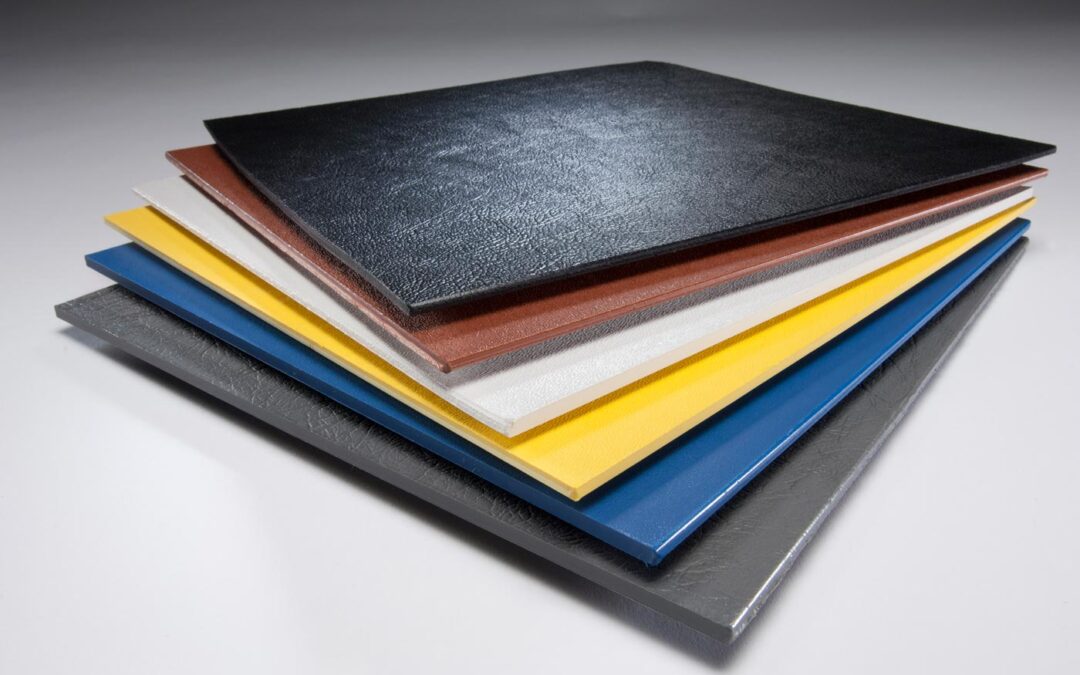
ABS (Acrylonitrile Butadiene Styrene)
ABS (Acrylonitrile Butadiene Styrene) is an amorphous thermoplastic material, with a continuous use temperature range of -4° F (-20° C) to 176° F (80° C). It is categorized as a standard material, and offers a balanced combination of mechanical toughness, impact resistance, and ease of fabrication and thermoforming.

Acetal (Polyoxymethylene, POM)
Acetal, also known as POM (Polyoxymethylene), is a semi-crystalline engineering thermoplastic material, with a continuous use temperature range of up to 180° F (82° C). Acetal offers high strength and stiffness coupled with high dimensional stability and ease of machining.
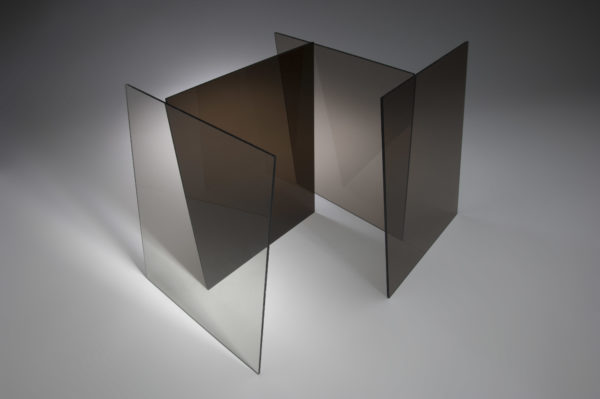
Acrylic (Polymethyl Methacrylate, PMMA)
Acrylic, also known as Polymethyl Methacrylate (PMMA), is a thermoplastic that can be formed into a number of shapes, making it suitable for use in a broad range of industries and products.

Aluminum Composite Material (ACM)
Aluminum Composite Material (ACM) is a rigid sheet made of two sheets of pre-finished aluminum, bonded to a polyethylene core. Light-weight, without sacrificing durability, ACM sheets are often used for outdoor signage, and channel letter backings.

Expanded Foam PVC
Expanded Foam PVC sheet is a versatile material, often used in the sign and graphics industry. Expanded closed-cell polyvinyl chloride (PVC) sheets are durable and rigid with a matte finish.
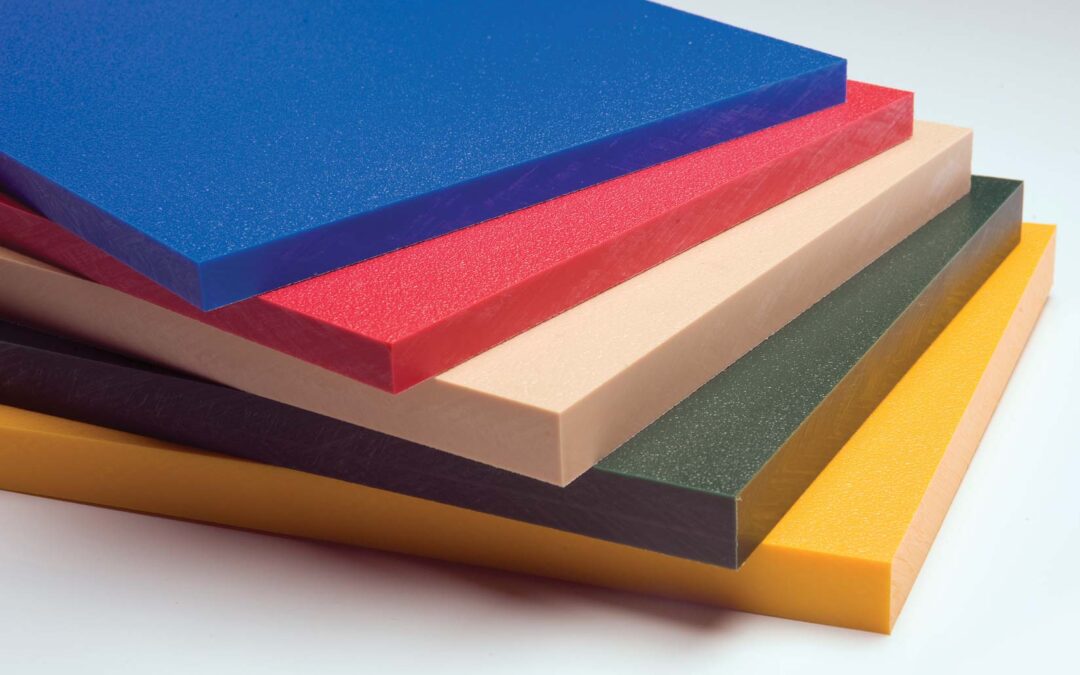
High Density Polyethylene (HDPE)
HDPE (High Density Polyethylene), part of the polyolefin family of materials, is a semi-crystalline thermoplastic material, with a continuous use temperature range of -50° F (-46° C) to 180° F (82° C).
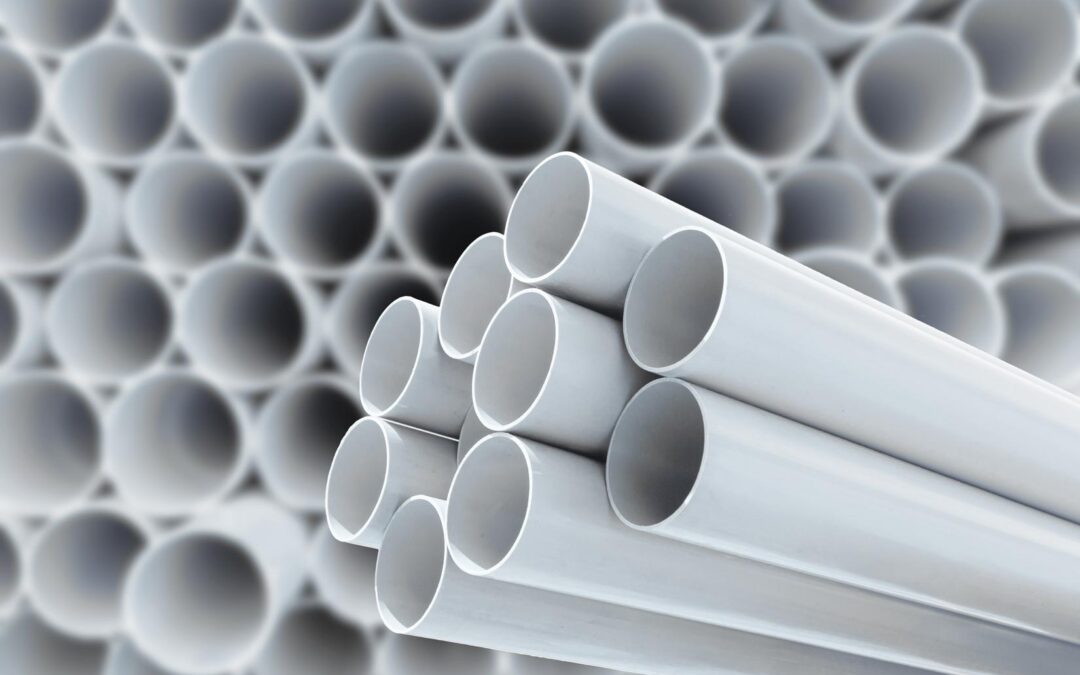
Industrial PVC/CPVC
PVC is an amorphous thermoplastic material, with a range of continuous use temperatures varying by type (Type I, Type II or CPVC).
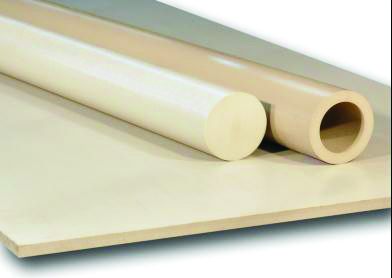
PEEK (Polyetheretherketone)
PEEK (Polyetheretherketone) is a unique engineering thermoplastic offering high temperature resistance, toughness, rigidity, and creep resistance. It is resistant to a wide range of solvents, making it an excellent material for use in a wide spectrum of applications where thermal, chemical and combustion properties are critical to performance.
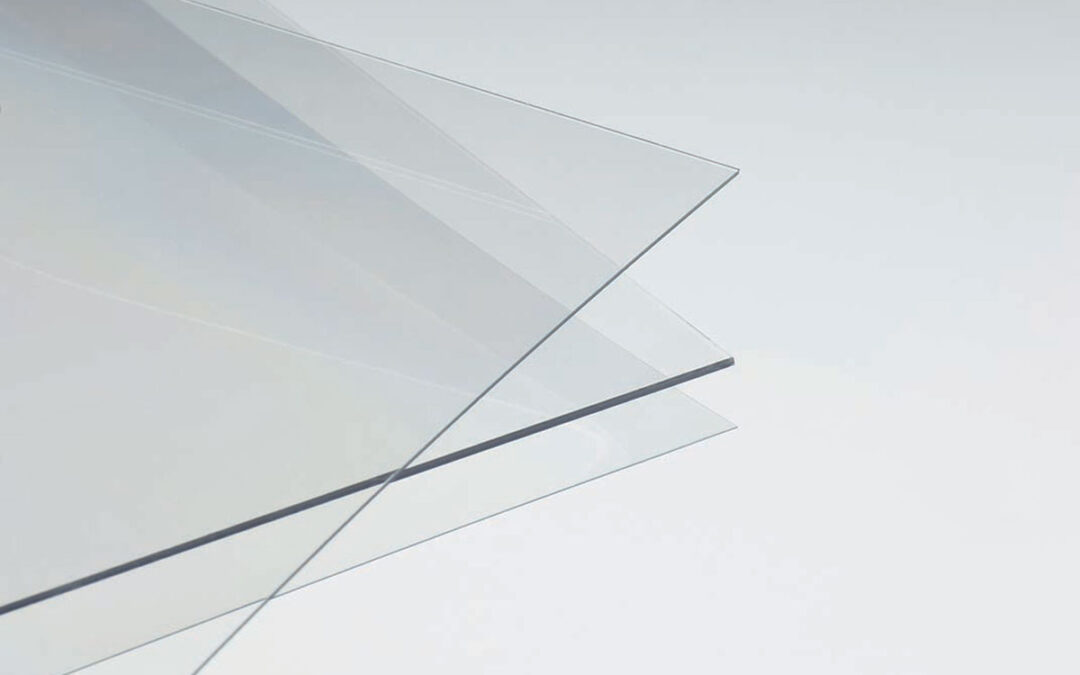
PETG (Polyethylene Terephthalate Glycol)
Polyethylene Terephthalate Glycol, or PETG, is a clear thermoplastic that can be formed into a number of shapes, making it suitable for use in a broad range of applications.
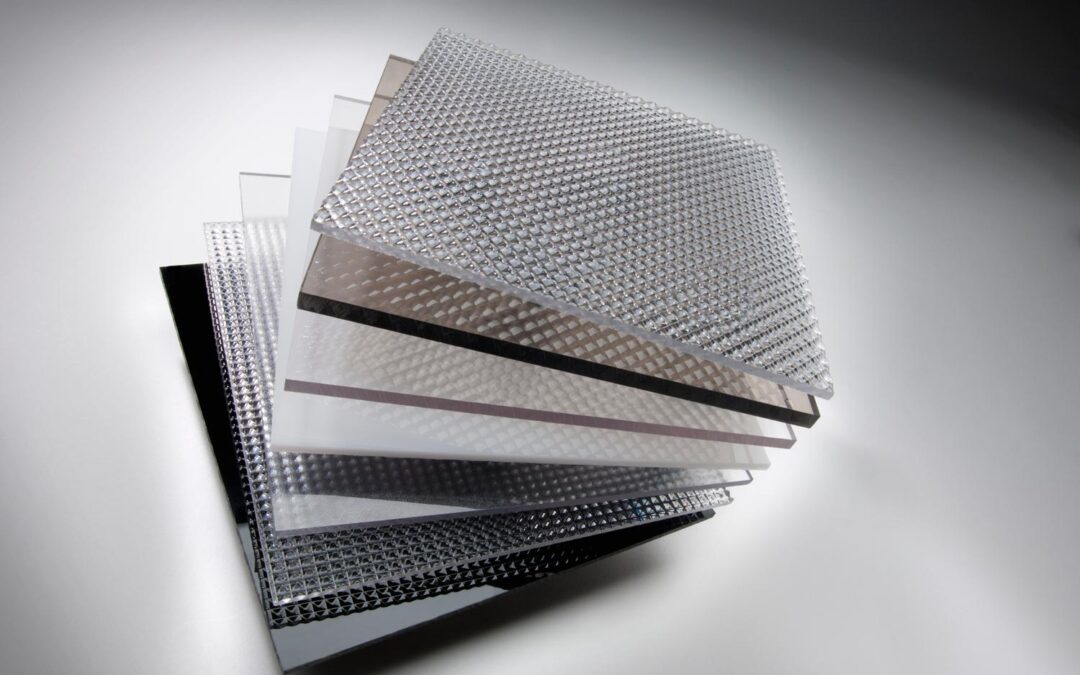
Polycarbonate
Polycarbonate, also referred to as PC, is a tough, impact-resistant, virtually unbreakable material used in wide variety of applications. It is an amorphous thermoplastic material, with a continuous use temperature range of up to 265° F (129° C).
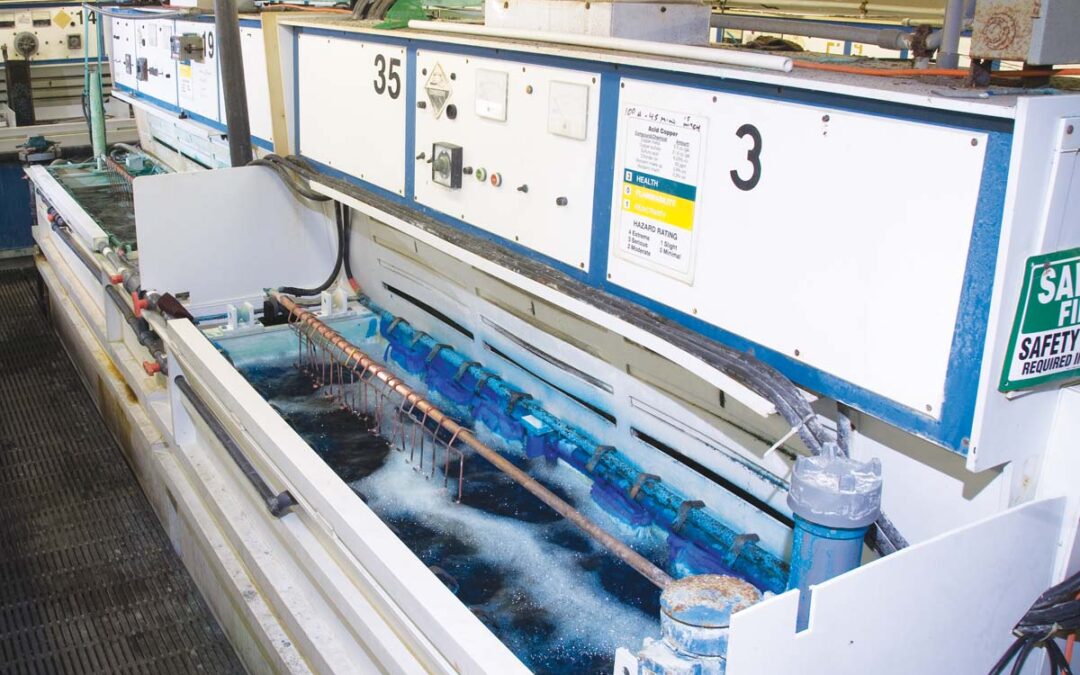
Polypropylene Sheet, Rod and Tube
Polypropylene (PP) is a semi-crystalline thermoplastic material, with a continuous use temperature range of -4° F (-20° C) to 212° F (100° C). It is categorized as a standard material, and offers excellent toughness, chemical resistance, and processability.
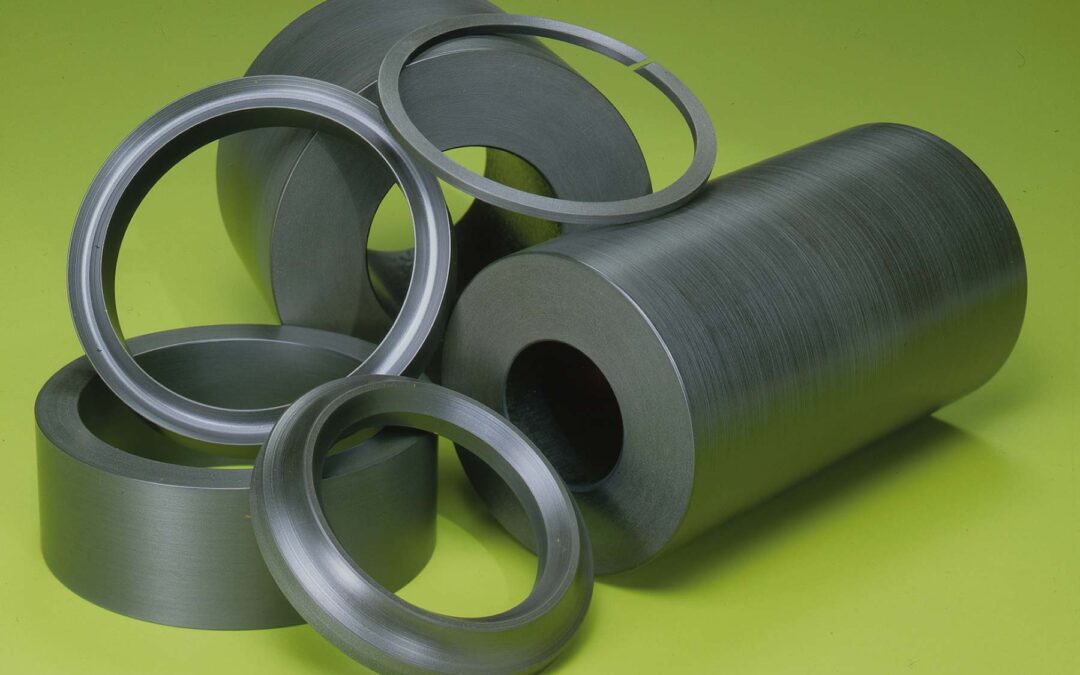
PTFE (Polytetrafluoroethylene)
Polytetrafluoroethylene (PTFE) is a high molecular weight polymer with excellent thermal and electrical insulation properties, and a low coefficient of friction. It is a highly versatile plastic material useful in a broad range of high technology market segments and products, and its properties can be modified by additives such as glass fiber, carbon, or graphite.
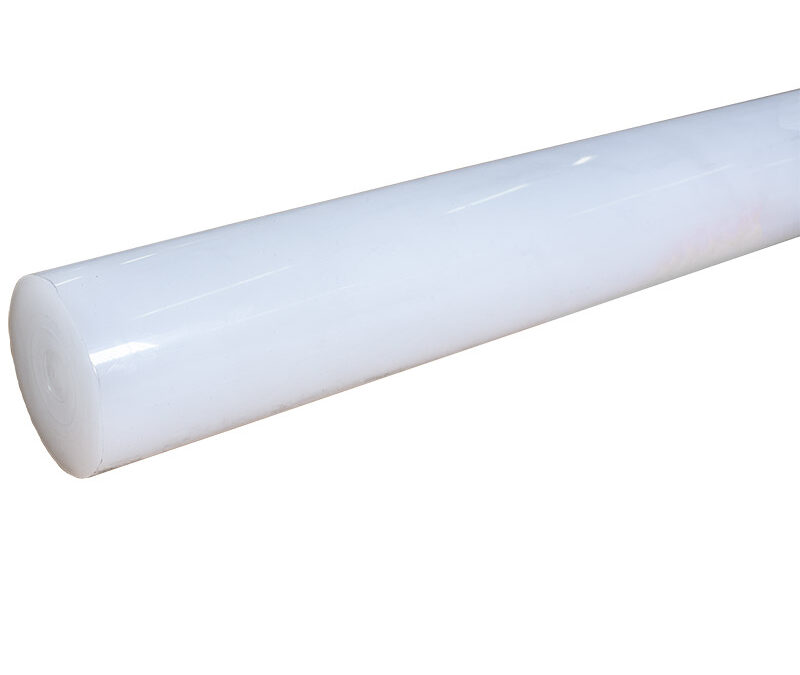
PVDF (Polyvinylidene Fluoride)
PVDF (polyvinylidene fluoride), sometimes known by the tradename Kynar®, is an engineering thermoplastic offering high purity, excellent chemical resistance, flame resistance, and abrasion resistance. Easy to weld, PVDF is often seen semiconductor equipment, tank liners, and various seals, fittings, valves, and pump parts.
